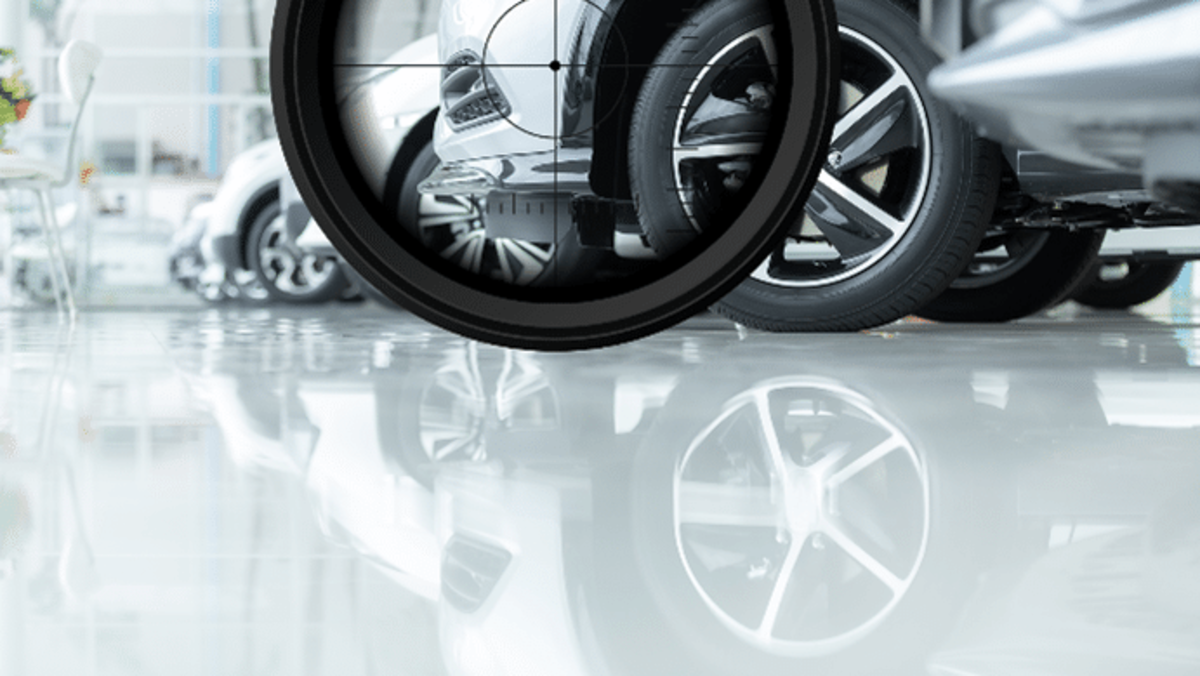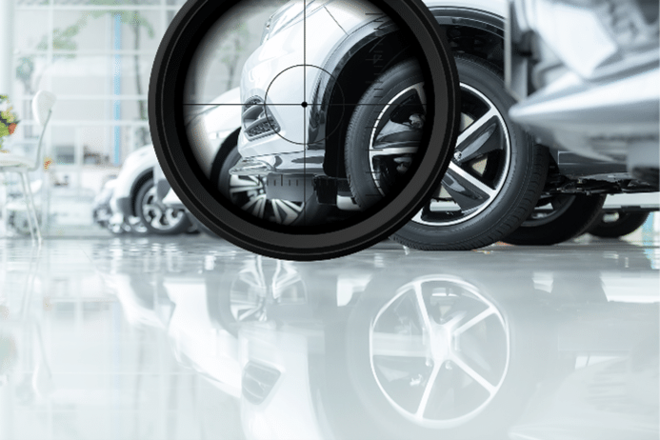The Future of the Automotive Industry - Politically Cleared for Shooting?

Ever tougher emission limits, new competitors, Dieselgate, e-mobility, Brexit and trade wars, and now Corona, the consequences for Germany as an automotive location are unstoppable.
If you add up the announcements made by suppliers and OEMs, about 200,000 jobs will disappear from the roughly 800,000 jobs in the automotive industry in the next year and a half.
I don't see the problem in the upheaval, but in the rapid pace. After all, 99% of value creation is currently still generated by cars with combustion engines. However, no money is being made with e-vehicles at the moment.
The automotive industry today
Let's face the facts that the politically desired upheaval (by a few?) brings with it:
The automotive industry has had falling margins since 2017 at the latest, despite rising sales, and these margins will be negative for the first time in Q2 2020 due to corona.
There will be a brutal selection of suppliers, because certain skills will no longer be required. Where should the orders come from?
The development of the various drive concepts is running in parallel at the OEMs, which have increased their war chests to a total of 250 billion (also at the expense of the suppliers). The margins of the supplier industry were already lower in the past, and many of them will run out of steam in the near future due to insufficient equity.
Not all manufacturers will survive either. There will have to be more cooperations, because the growth and transformation costs are immense and far exceed the existing reserves.
Environmental protection through electric vehicles?
The targets from Brussels are utopian. German policymakers could do much more here to protect the automotive industry.
Not a single electric vehicle does any good for the environment today. The climate is not interested in where the emissions occur.
In terms of environmental protection, e-vehicles are currently at best no better than the internal combustion engine.
Even hybrid vehicles, which make perfect sense in my eyes, are mainly driven as combustion vehicles. Here, convenience and bonuses count more than environmental protection.
Energy supply, but from where?
On infrastructure: Baden-Württemberg has problems with its energy supply. After the last nuclear power plants are shut down at the end of 2022, 50% of the electricity will have to be imported because the state's own capacities are too low.
Where will this electricity come from? From French or Czech nuclear power plants?
Which brings us to Tesla. I am not a friend of Tesla, because the vehicles are a disaster in my opinion.
But the competition from Tesla is there, and the lead in software must be taken seriously.
And above all: the appreciation by investors is very high. I would like to see something like that for our automotive industry, which was once the growth engine of our prosperity.
As a country, we need to move away from "what don't we want" to "what do we want."
Or, to put it another way, we need to get out of prohibition mode.
Setting the framework is the task of politics, not technical implementation. That is the task of industry.
The task of politics would also be to take care of the infrastructure.
What can we do better or differently? - My theses
The decision against the combustion engine is wrong in my eyes. Wrong decisions can and must be corrected. We cannot back just one horse (electromobility), but must involve environmental protection, technology, science and industry in equal measure. The result should be open.
E-fuels or synthetic fuels in conjunction with hybrid vehicles have the great advantage that no new infrastructure is required. Fuel cells as propulsion systems in the commercial vehicle sector or in mid- and luxury-class cars can also be fueled with the existing infrastructure with minor adjustments.
Pure electric vehicles (BEVs) are niche solutions for large cities, hybrid vehicles can be operated electrically in urban centers without fear of being stranded.
We should maintain and improve the existing technology, here we are world leaders and it serves environmental protection far more than certain wishful thinking that ends in chaos.
My expectations of politicians are not just to look at the limit values. Nothing is without alternative.
Already Pareto taught us that with 20 percent of the effort (in the right place) you can achieve 80 percent of the result.
Your Stefan Merkle

